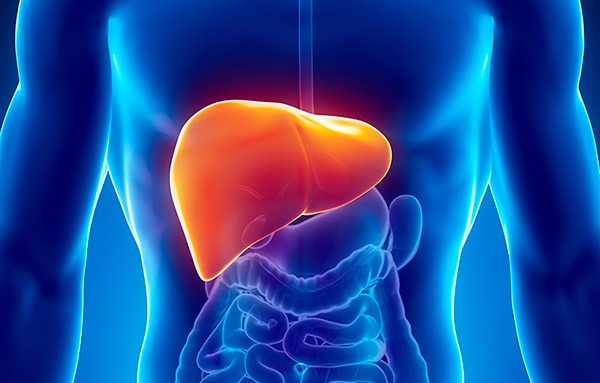Hepatology: Gastroenterological Specialty
Hepatology helps diagnose liver diseases

What is hepatology ?
Hepatology is a specialty of gastroenterology that focuses on the study of the liver. Our hepatologist is also gastroenterologist, he tries to solve your problem.
Hepatic explorations are mainly performed by blood sampling but also imaging that includes echography, CT scan and MRI.
What diseases are treated in hepatology ?
Here is a non-exhaustive list of liver diseases taken care of by the hepatologist: :
1. Hepatitis B
Hepatitis B is a potentially fatal liver infection (inflammation of the liver) caused by the hepatitis B virus (HBV). This can last more than six months and become chronic, increasing the risk of developing liver cancer, cirrhosis, liver failure, etc. It can also be mild and in this case it will not last long.
Usually, when hepatitis B develops into adulthood, the body is able to fight off the disease for a few months and then you are immune to it. On the other hand, if it develops at birth, the chances of the body getting rid of it are low.
2. Hepatitis C
Just like hepatitis B, hepatitis C is an infection of the liver caused by the hepatitis C virus (HCV), transmitted through the blood and can also become chronic and develop the same complications as hepatitis B, however unlike this, the chances of hepatitis C becoming chronic are much higher.
3. Cirrhosis of the liver
Cirrhosis of the liver is a chronic disease of the liver during which there is a complete disorganization of the hepatic architecture as well as a degeneration of the hepatic tissues. Symptoms are not directly visible, there can be different causes for the onset of cirrhosis, and treatment varies depending on the cause.
4. Cholestasis
Cholestasis, also known as cholestasis, is a disease of the liver that presents as a decrease or disappearance of the flow of bile causing a sudden increase in the volume of bile in the bile ducts (bilirubin).
There are two types of cholestasis: intrahepatic cholestasis, which occurs in the liver and extrahepatic, which occurs in the bile ducts.
5. Cancer of the liver
Liver cancer can be primary (originates in the liver) or secondary (originates in another part of the body but has then spread to the liver).
Primary cancer is twice as common in men as in women, and it usually presents as hepatocellular carcinoma (HCC).
When should I consult a hepatologist ?
The hepatologist is a gastroenterologist who has additional expertise for liver disease. It is best to consult the hepatologist as soon as one of the symptoms is observed.
During this consultation, if very specific examinations or particularly complex results such as liver problems or other, will reach the hepatologist, it will guide you to more appropriate exams.


